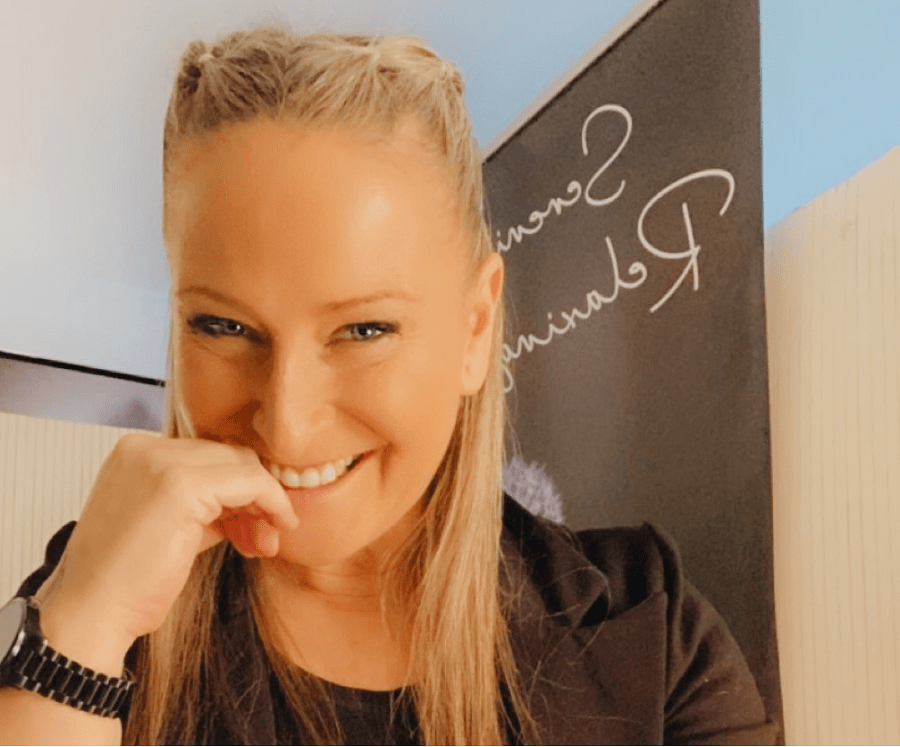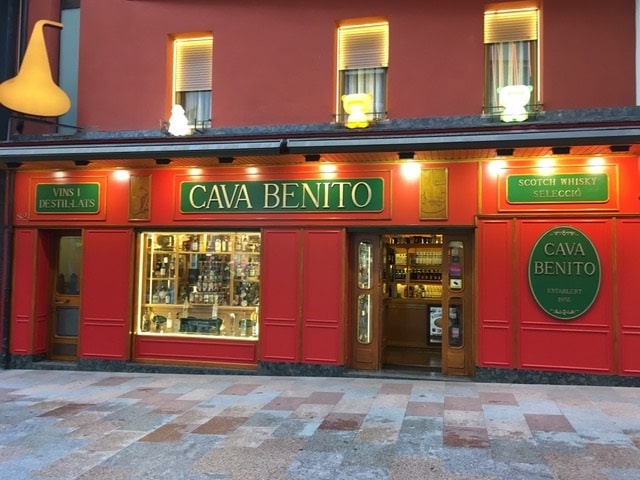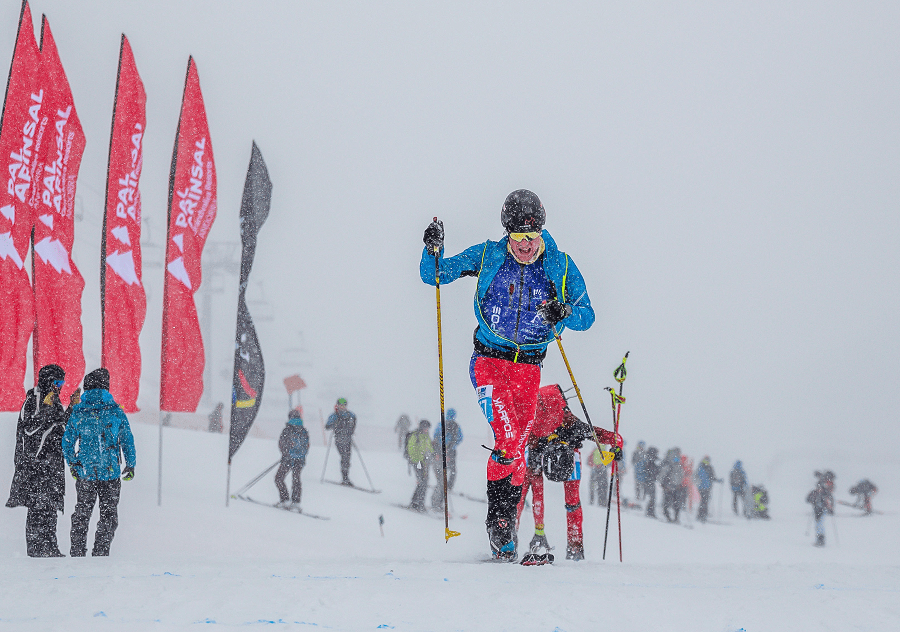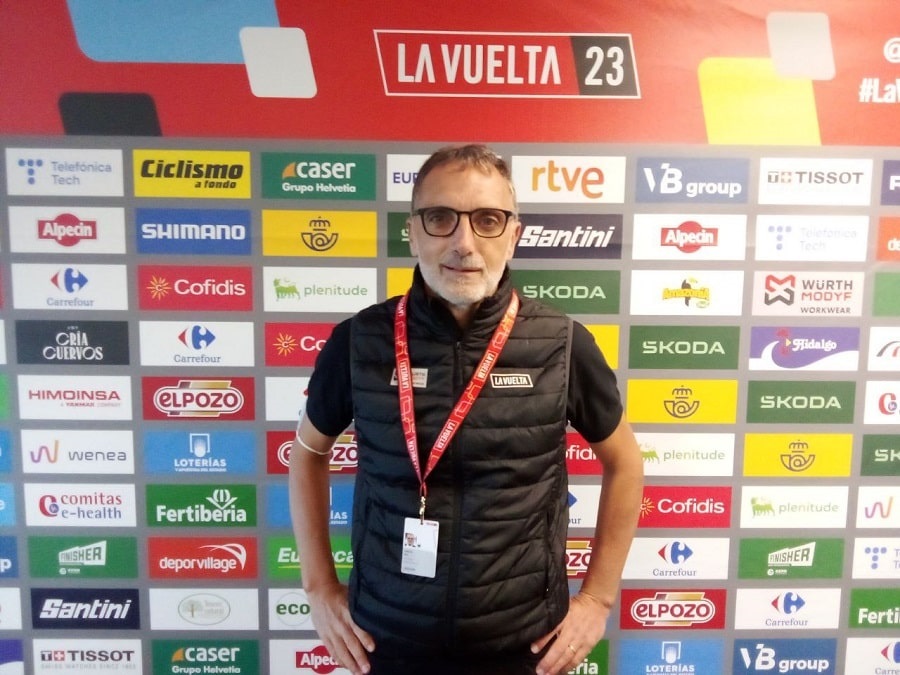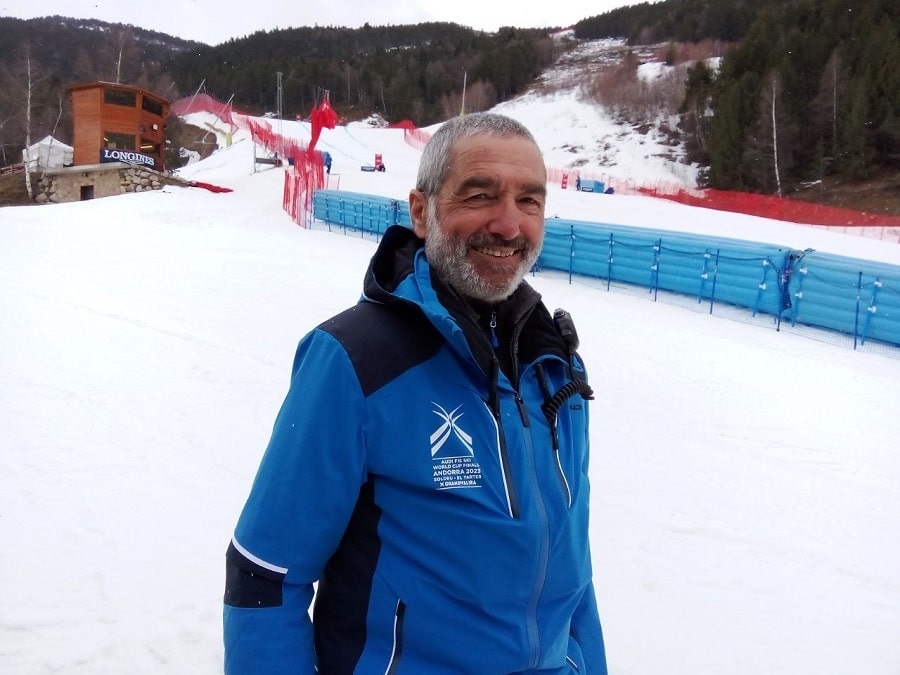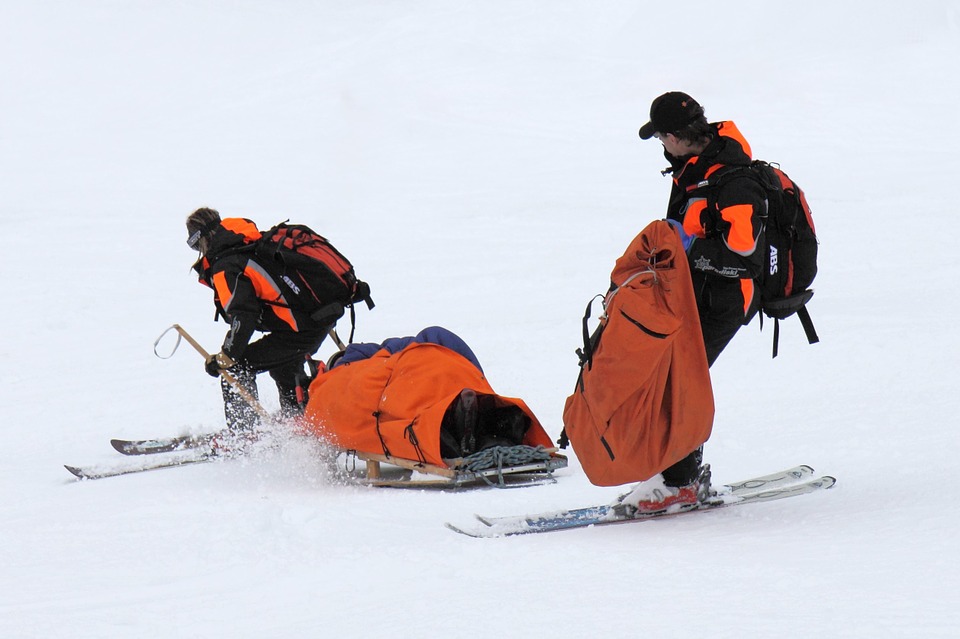How to learn a foreign language?
Andorra (Pyrenees): A country that provides everyone an opportunity to learn
To learn a foreign language fluently is really only possible when you are in a country where you can communicate daily with native speakers.
All other methods are just to understand what is being said and to learn grammar. To speak the language fluently is quite another thing.
And you don’t need to be limited to just one language – there are countries in the world whose residents speak two (or sometimes three) languages. One of these countries is Andorra: Andorrans speak Catalan language (the official language of the country), Spanish (because of the southern neighborhood of Spain) and French (because of the northern neighborhood of France).
All three languages are completely different; however, many foreigners often confuse words in Spanish and Catalan, so this language mix has its own name – Spatalan. Some also say that Catalan is more like French in terms of the structure of the words, but not in the pronunciation!
For Andorrans, however, there is no confusion. They speak Catalan, Spanish and French from birth, because Andorra is the only country in the world where three educational systems are simultaneously presented: Andorran (with the main Catalan language), Spanish and French. Additionally, in each system, the study of two additional foreign languages is the norm. Usually, students at any school in Andorra begin to speak three languages fluently at the age of eight, even if they are not natives.
All three systems are public and free for citizens and residents of Andorra, a unique model of education. In no other country in the world is there anything like this. The French and Spanish education systems depend on the Education Ministries of France and Spain, respectively. The government of Andorra has very good relations with both ministries.
At present, there is a balance in the country: each system is used by about one-third of the total number of students in the country, without any kind of delegation taking place.
Portuguese is also quite popular in Andorra, and many residents speak it fluently. The fourth largest diaspora in Andorra is the Portuguese (the first, in terms of the number of diasporas in Andorra, are the Spaniards; the second Andorran and the third the French). At the University of Andorra, Portuguese is studied in some courses.
English is also introduced in the official school curriculum. The number of English-speaking residents in the country increases every year, as does the number of English classes in all three school systems. The University of Andorra also launched a system of teaching in English in 2016.
The Minister of Education of Andorra, Eric Jover, says: “In order to achieve good results, it is necessary to build a certain linguistic structure – a solid and consolidated structure that can be used to study additional languages. Our vision is to teach languages not as foreign languages, but as additional languages used in Andorra – for international communication, both in everyday life and in business communication.”
According to Jover, the Government of Andorra is doing everything to ensure that students fluently speak at least four languages upon graduation, plus the child’s mother tongue language if their family was originally a speaker of some other language.
As for the English language, the Andorran government has a program with Oxford and the U.S. government (under the Fulbright program), which allows students of these schools to come to Andorra and help Andorran students learn English. Several subjects at the University of Andorra are taught in English, confirming the intention of the principality to develop English.
It is also important that the state encourages foreigners (residents and non-residents) living in Andorra to study these languages; to a greater extent, this concerns the Catalan language. In each of the seven Andorran administrative districts, there is a center for studying the Catalan language for adults for free. There, you can take both group classes or private lessons, and by choosing an intensive course, you should be able to reach an A2 level (base level for talking about simple topics).
In general, Europe’s classification of the levels of language knowledge looks like this: A1, A2, B1, B2, C1 and C2 (B2 level is enough to get a job or go to university, where they teach in this language ).
The centers for studying Catalan are open five days a week, so, if you wish, you can always contact the staff for advice or assistance. There is also a unique option for individually studying Catalan by communicating with a native speaking in a cafe or while walking. Each willing student is assigned a native speaker – the employee of the linguistic center – a convenient time is chosen and communication on everyday topics serves as an excellent “feeding” for expanding the vocabulary.
As for the French language, in Andorra, there is Comte de Foix Lyceum, where adults can attend two free evening courses (1.5 hours each). The only drawback is that groups are always full (maximum 30 people), so you need to be prepared that, most of the time, you will still have to do a lot of work yourself. But there are a lot of pluses; the main one is becoming acquainted with new, interesting people, traditions and features of other countries cultures.
As for the Spanish language, there are no free courses in Andorra, but to learn it fairly simply and independently, people can practice with daily communication – Spaniards in Andorra form an overwhelming majority of the country. So, in response to a greeting of “Bon Dia!” in the Catalan, you often hear the traditional Spanish “Buenos Dias!”




